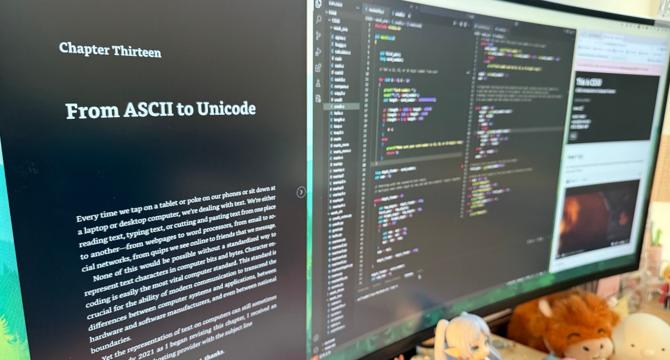Digitaltrends
3w
127

Image Credit: Digitaltrends
I’m finally learning to code — and I didn’t start with a programming course
- For those looking to learn coding, the fun way may be the best way, rather than focusing solely on efficiency and best practices.
- Choosing enjoyable approaches to learning can enhance motivation and persistence in gaining new skills.
- Starting with understanding the basics of computer science and history, such as through 'The Universal Computer: The Road from Leibniz to Turing,' can provide a solid foundation.
- The book 'Code: The Hidden Language of Computer Hardware and Software' by Charles Petzold is recommended for gaining insight into how computers work.
- Even if math feels challenging, it is not a prerequisite for programming, as abstraction allows programmers to focus on higher-level tasks.
- Programming involves dealing with levels of abstraction, enabling coders to work without delving deeply into mathematical intricacies.
- By venturing into high-level programming, individuals can distance themselves from complex mathematical calculations, making coding more accessible.
- Reading about the history of computers and the basics of computer hardware and software can assist in building a comprehensive understanding of programming.
- Acquiring foundational knowledge before diving into a formal programming course can help learners grasp concepts more easily and build confidence.
- Approaching coding with persistence and a willingness to learn, even without a traditional tech background, can lead to successful skill acquisition in programming.
Read Full Article
7 Likes
For uninterrupted reading, download the app